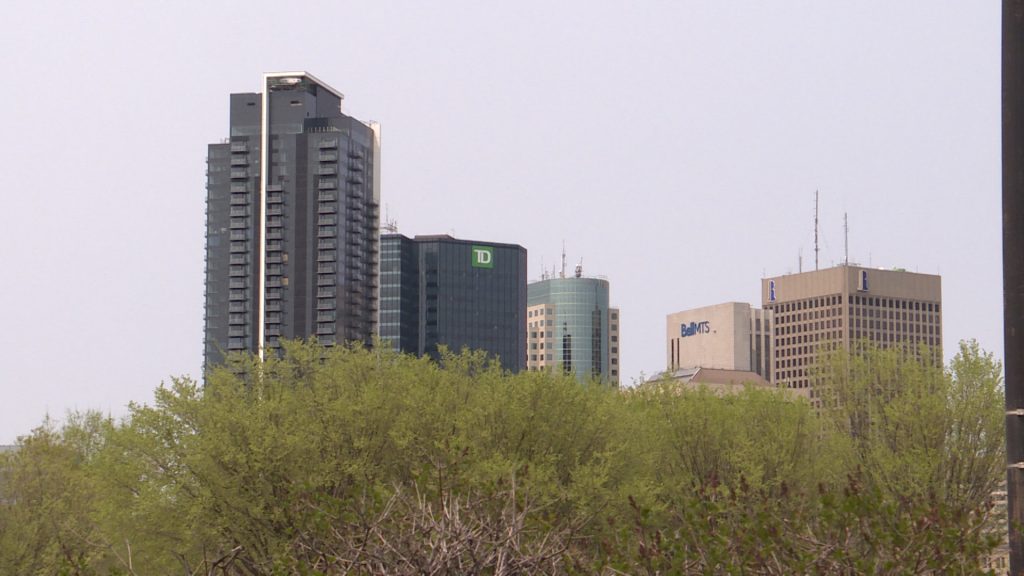Manitoba wildfires creating poor air quality in Winnipeg

While conditions have improved in Winnipeg Thursday, there is still a risk with all of the fires across the prairies that smoke could make its way back south, once again, creating poor air quality.
“People will need to prepare for poor air quality, related to wildfire smoke, more often perhaps than they have in the past,” said Natalie Hasell, Warning Preparedness Meteorologist with Environment and Climate Change Canada.
There are currently dozens of fires in Northern Manitoba, four of which are under control.
Advertisement
“Most of the smoke is really coming from the fires in Saskatchewan, and fires in Manitoba, but depending on the wind direction and where the low and high pressure systems line themselves up, we could also be seeing smoke from B.C. and Alberta on occasion,” said Hasell.
While conditions are better, changes in wind patterns could bring poor air quality back at any time.

“Breathing the toxic air, well it’s dangerous, regardless,” said Louise Chartrand, a respiratory therapist and assistant professor at the University of Manitoba.
The University of Manitoba is building a new AirSAFE Lab, which will be Canada’s first multi-disciplinary research centre for biomedical, engineering, natural science and occupational health experts to study how inhaled pollutants impact health and disease. Louise Chartrand says she looks forward to the research that will be undertaken at this new facility.
“If we just think about cigarette smoking where we saw that it causes cancer, it causes COPD, it causes a whole bunch of things and the list goes on, wildfire smoke can eventually lead to those things,” said Chartrand.
Advertisement
During heavy smoke conditions, everyone is at risk regardless of their age and health. Juliette Mucha with the Manitoba Lung Association says there are ways you can protect yourself from the smoke.
“Maybe we stay indoors, maybe we limit our exercise to inside, maybe it’s a matter of, if we have to work outside do we have a mask, or do we limit the amount of time that we are outside? Have your air conditioner on, your air purifier with the HEPA filter. Maybe if you can’t do that, you could go to a local shopping centre, community centre, library, just to be able to give your lungs that break,” said Mucha.
